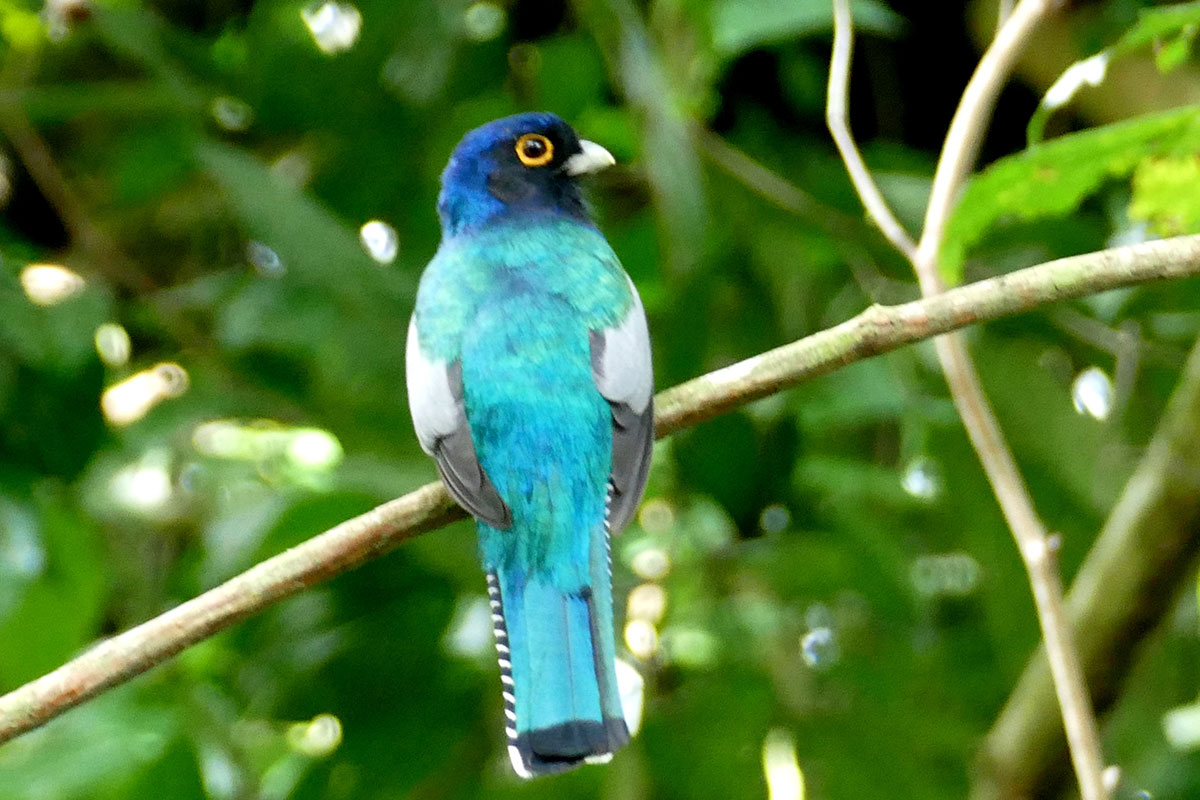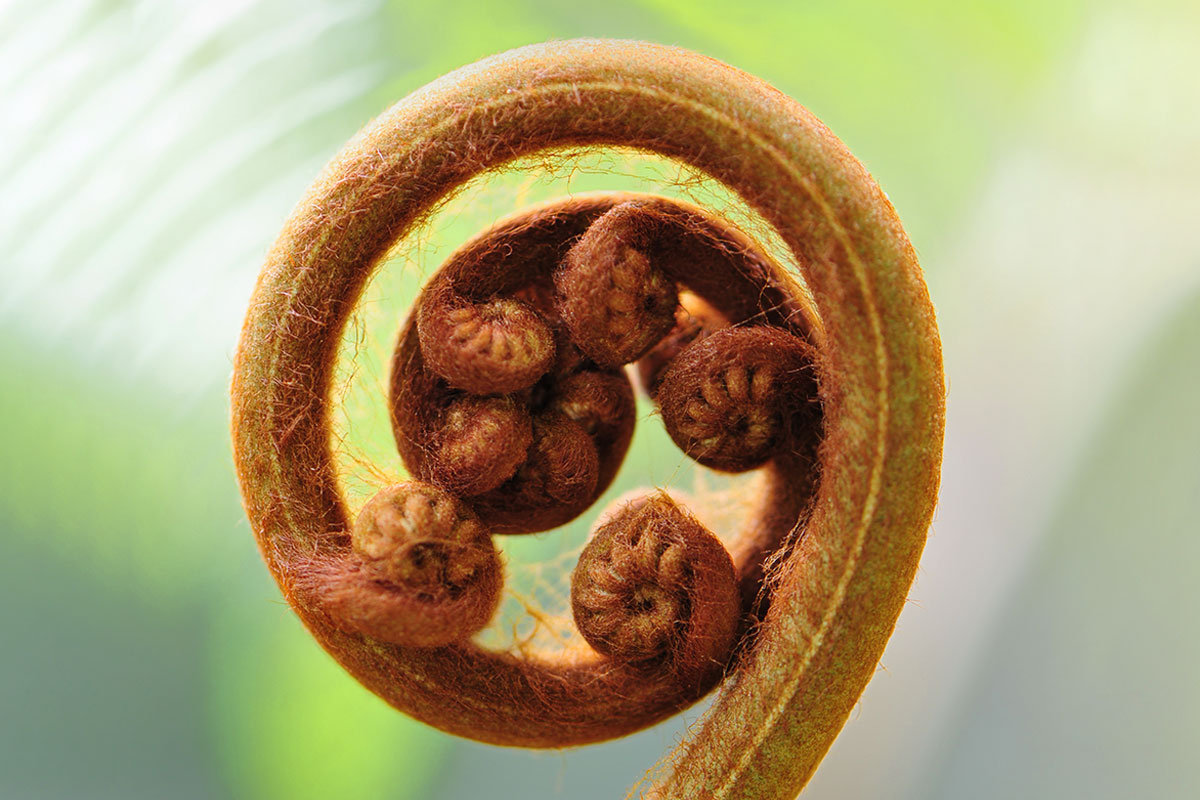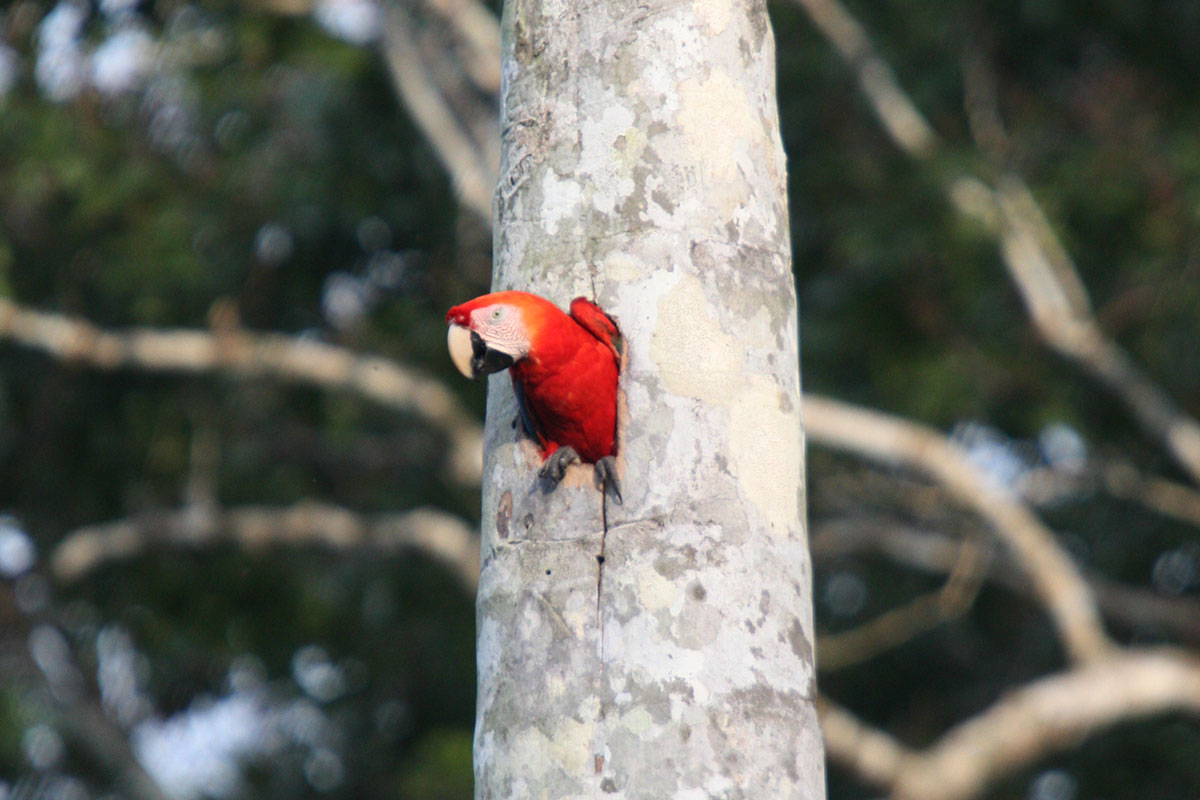HOW YOU CAN HELP
HOW YOU CAN HELP
Save the world’s rainforests
Visiting the Amazon rainforest you have the chance to experience this unique and highly biodiverse ecosystem. You learn about the importance of tropical forests for our planet and for the regulation of the global climate.
Inspite of their value multiple threats from human activities have led to a massive loss of tropical forest lands. This trend needs to be stopped!
Here is some information and recommendations for your daily life with which you can help to protect the rainforests:
- Every year 15 Million hectares of forest are cut for paper production, this is one of 3 trees. Over seventy-eight percent of the Earth’s original old growth forests have been logged or degraded.
Use recycled paper (for toilet tissue as well as for office (printing)/ school etc.). Inform your employer/ colleagues/ school and suggest to use recycled paper. Buying recycled paper also helps to save water and reduces the use of chemicals.
Write on both sides of each piece of paper and look for used books instead of buying new ones. Bring your own bags when you go shopping to reduce your paper consumption. - Agricultural expansion is the main reason for deforestation in the Amazon. More than 65 % of newly cleared tropical rainforest is converted into cattle grazing land as well as soy bean plantations. Brazil is the country with the highest export of beef worldwide. Cattle farming contributes an 18 % to greenhouse gas emissions which literally fuels global warming. Soy beans are exported to Europe and USA as animal food to feed animals in industrial livestock farming.
Reduce your meat consumption (it’s more healthy anyway to eat less meat!) and avoid buying meat from South America or other tropical countries. Better buy regional, organic products and avoid buying industrially produced meat.
Additionally, petroleum extraction, mining, dams, irresponsible timber production and urban expansion and have all led to a massive loss of forestlands. - Big areas of rainforest in tropical countries in Asia and South America are being destroyed for palm oil production. In 2014 only Indonesia had over 10 Million hectares of palm oil plantations. Read the product labels and avoid buying processed foods and other household products which contain palm oil from these countries. Expansion of palm oil plantations threatens the natural habitat of many animals, like Orang Utans (in Asia), Jaguars (in South America) and Elephants (in Africa) and of local people.
You can use sunflower oil or other sustainably produced oils instead. Home made products are more healthy and more tasty! - Consume less, choose regional and environmentally responsible products!
It’s best to buy (and consume) less. But when you buy choose companies that work in an environmentally sustainable way. Buy fair trade foods – like cocoa, bananas and coffee— that are grown in a way that is safe for the environment, for wildlife and for people. Produce from organic farms is grown without chemicals and supports a sustainable agriculture. - Logging is a major driver of rainforest destruction. Don’t buy furniture or wood, especially hardwoods from tropical forests. A high percentage of tropical timber is not grown sustainably and/ or not cut legally. Protected species as well as old growth forest are being cut. There are good alternatives from local/ native timber, which needs not be transported from overseas. Claim certified wood.
- Huge areas of the Amazon rainforest are being depredated for bauxite extraction (especially in Brazil), the main raw material for Aluminium production.
90 % of bauxite is found in the equatorial tropics. After destroying the forest Aluminum production contaminates the environment with chemicals and empoisons the ground water.
Refuse buying tins and other products that contain aluminium. Use glass bottles and other packing which can be re-used or recycled and avoid throw-away products. - Increasing Carbondioxide and Methan emissions change the climate and affect tropical rainforests. Reduce your Carbondioxide footprint by consuming less, i.e. using less gas and oil (biking to school or work instead of driving by car) and buying regional products. You can also exchange products and recycle. Save energy by adding solar panels to the roof of your house and choose wind or solar powered electricity providers. Set your thermostat a couple of degrees lower in winter.
Also reduce your air travel. If you travel by airplane: compensate your emissions at co2.myclimate.org or atmosfair.de or support a reforestation project.
Use search engines like ecosia.org which reinvest money in reforestation. - Tropical rainforests are disappearing at an alarming rate. Make a donation and help support conservation projects and indigenous communities to protect the rainforest for future generations. Apart from privately owned land and National Parks lands owned collectively by indigenous communities have proven to be the most successful way of protecting the rainforest.
Here are some rainforest conservation projects you may consider to support (no complete list; we are not responsible for contents of these sites):
rainforesttrust.org
rainforest-alliance.org
rainforest-rescue.org
rainforestpartnership.org
rainforestfoundation.org
wwf.panda.org
worldlandtrust.org
waterloofoundation.org.uk/EnvironmentTropicalRainforests.html
standfortrees.org
environmentamerica.org/feature/ame/tropical-forest-protection
ran.org – Rainforest Action Network
carbonfund.org/projects - Contact politicians, governments and companies and insist on change.
Companies need to know that the public will hold them accountable for business practices that are socially or environmentally destructive. If you feel that a company’s business practices are environmentally irresponsible, send the company a letter expressing your concern.
Also spread this information about endangered tropical forest to increase awareness and demand changes.Thank you!
Amazon Trails Peru



